Gil (he/they)
- 24 Posts
- 36 Comments

 33·3 months ago
33·3 months agoA country born by old white men which will die by old white men. Begins with a revolution to sever ties with a monarchy, ends with a coup to bring it back. We are truly coming full circle. 🤡
Asked if anything could convince him that he was on track to lose to Trump and should step down, Biden responded with a smile: “It depends on if the Lord Almighty comes down and tells me that, I might do that.”
Sir, the Lord Almighty better come down and take you back with him. Take Trump too, while he’s at it.
After that debate and all the things he’s said since, Biden’s image is at an all-time low. As ableist and ageist as it is, people think he’s a senile old man in the late stages of cognitive decline, with no business running a government. I doubt he or his campaign are going to do what they need to do to overcome that perception, and I doubt the Democratic Party will make the right calls either. “Decades of civil service” and “somewhat better than Trump” etc. are not going to be enough.

 58·3 months ago
58·3 months agodamn, who could’ve possibly seen that coming? 🫥

 3·4 months ago
3·4 months agodeleted by creator

 6·5 months ago
6·5 months agodeleted by creator

 5·5 months ago
5·5 months agoI don’t think people there love love her, but something something owning the libs something.
Many USian voters are entranced with the idea of having a firebrand provocateur on their side, someone who is able to get a rise out of their political opponents (not even totally excluding myself as it can be entertaining sometimes). And others just don’t care as long as the other side doesn’t win – to them, keeping the other side out of power is more important than putting a competent person in the seat.

 10·5 months ago
10·5 months agoWhen I saw this this morning, I laughed so hard I almost fell out of bed 😭
Yikes to the fact that Jasmine Crockett received PAC donations from crypto and voted with other Dems to provide military aid to Israel, but at least there’s some entertainment in watching her eat up Republicans like MTG whenever they pull some bullshit like that.

 16·5 months ago
16·5 months agoThere is no should or shouldn’t, they’ve always had and been entitled to that choice. People who develop and host those platforms can make whatever choice they want.
ActivityPub/the Fediverse is only a protocol. If you philosophically disagree with how a platform makes use of that protocol, then you can (theoretically) just use another platform.

 1·1 year ago
1·1 year agoWhat an audacious request. I hope it’ll be rejected — this just has “bad idea” written all over it.
Respectfully, how on earth did this design get cleared? 😭

 2·1 year ago
2·1 year agoWhat; if anything; are you doing to prevent the instance from becoming an echo chamber?
Like the linked post discusses, Black queer people are the recipients of a lot of harm. They’re perfectly entitled to a space where they won’t be harassed, doesn’t matter if that space is an echo chamber or not. The moderation and community of that instance can decide for themselves how they want to be structured — it’s not really anyone else’s decision but theirs. If we, as remote users, don’t like how they do things, no one’s forcing us to use their site, federate with them, etc.
I’ve noticed a lot of black first instances tend to fall victim to the same traps of racism and hatred that instances that center on other races do.
What exactly do you mean by the phrase “same traps of racism and hatred”? I’ve seen few if any instances centering on other races, so I can’t really establish that there’s any pattern there.

 2·1 year ago
2·1 year agoLiberals, including some POC, white allies, and white “allies,” are quite keen on representation as diversity. At the end of the day, representation can be superficial and only partially satisfies the goals of social justice. Yes, we — ‘we’ being people of color, women, queer people, and other marginalized people — should receive the same opportunities as our privileged counterparts. That’s representation.
But putting us at the helm of oppressive systems doesn’t end those systems. The point isn’t to have a Black police chief, or a woman CEO, or a queer head of state, etc… I liken this to putting a Pride flag on a nuclear warhead. It’s a symbolic action which, alone, isn’t entirely subversive of the system’s destructive nature. Such representation allows oppressive systems to flourish. We can’t obtain freedom by becoming oppressors ourselves. Justice shouldn’t be the cession of oppressive power to marginalized hands, but the cessation of such power.
When people see such simple representation as the means to an end, they show their reverence for oppressive power, that:
- they still have some measure of respect for it and its legitimacy,
- dismantling power isn’t that important of a mission for them, and
- they’re fine living with an oppressive system as long as they can go on living their life, have their sensibilities appeased, and still benefit from it
I’ve gotten a lot of guidance from this quote by Audre Lorde:
“For the master’s tools will never dismantle the master’s house. They may allow us temporarily to beat him at his own game, but they will never enable us to bring about genuine change. And this fact is only threatening to those women who still define the master’s house as their only source of support.”
— Audre Lorde
These are just my personal feelings, so others may have conflicting thoughts or may want to provide their own insights. I’m not an authority on this or anything, but the main point for me is that I’m against how DEI as a framework is being appropriated to, as Angela Davis said, “guarantee a more efficient operation of oppressive systems.” I see this happening in academia as well as in Hollywood, US politics, and so on, where DEI is being deployed as a smokescreen to give new life to oppression and make it look less harmful.

 14·1 year ago
14·1 year agoIf you are commenting in a Beehaw community, yes, you are using Beehaw. Please be nice in our communities – it’s the one rule we have, and by posting/commenting here, you’re subject to that rule. If you don’t want to do that, you’re more than welcome to find other communities and instances to participate on.

 17·1 year ago
17·1 year agoVS Code, but may switch to VSCodium or Neovim eventually.

 3·1 year ago
3·1 year agoI use mostly the web app. Memmy, Mlem, Jerboa, Liftoff, etc. all look cool, but to be honest, I’m not sure I’ll ever go back to having an app on my phone like I did with Reddit. I think I want my engagement with Lemmy to be more on a “when I feel like it” basis than a “when a push notification summons me” basis.
The cake looks beautiful! I love how the intentional misspelling pairs with how y’all nailed just about every other aspect of the cake. Hope it tastes as good as it looks 😊

 2·1 year ago
2·1 year agoThere’s not really anything to disagree with. What you’re calling a No True Scotsman isn’t a No True Scotsman argument in the slightest.

 4·1 year ago
4·1 year agoOthers have already provided a lot of detailed answers to the OP, and the question in and of itself isn’t necessarily harmful even if it misses the point of federation. But this level of aggression is really unnecessary - please keep it nice if you’re participating on Beehaw.
lemmy.blahaj.zone might have some of what you’re looking for. Not sure if they offer anything specifically filling the same niche as r/me_irlgbt, but I used to be subscribed to !196@lemmy.blahaj.zone. (Overloaded my feed though sadly so that’s why I unsubbed.)

 6·1 year ago
6·1 year agoHey, although it’s no big deal since this is also about Lemmy, there’s a megathread for all Reddit-related news and discussion here. We’ve been encouraging everyone to direct most discussion related to Reddit there, and I figured it might be worthwhile to pose this question there since it concerns a former 3PA for Reddit. Thanks!
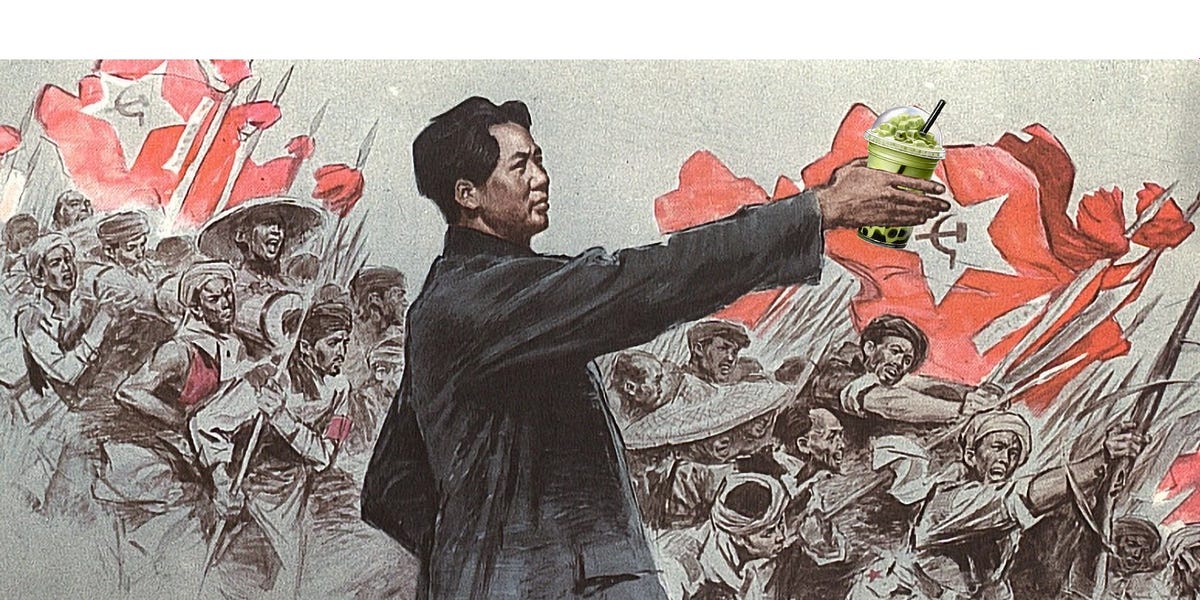


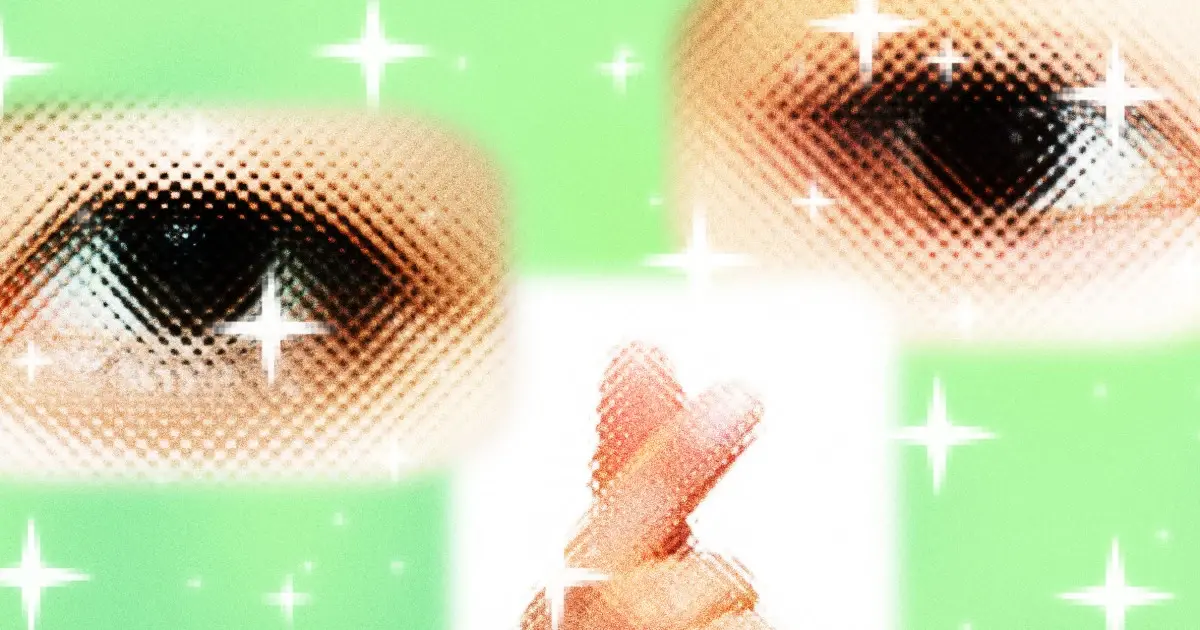





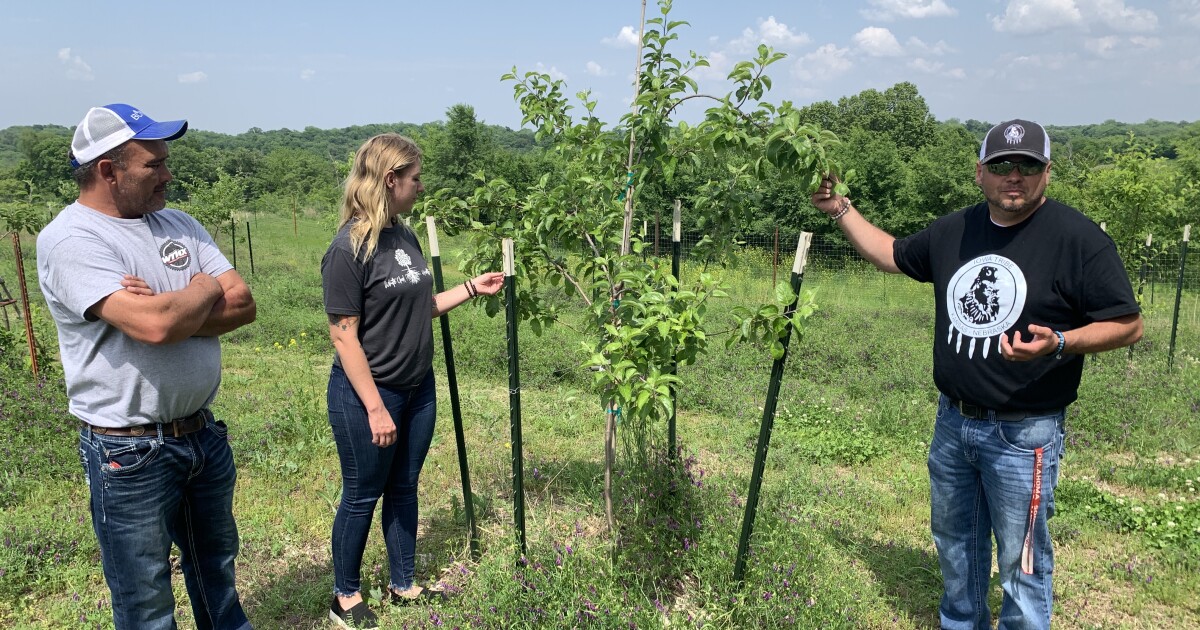

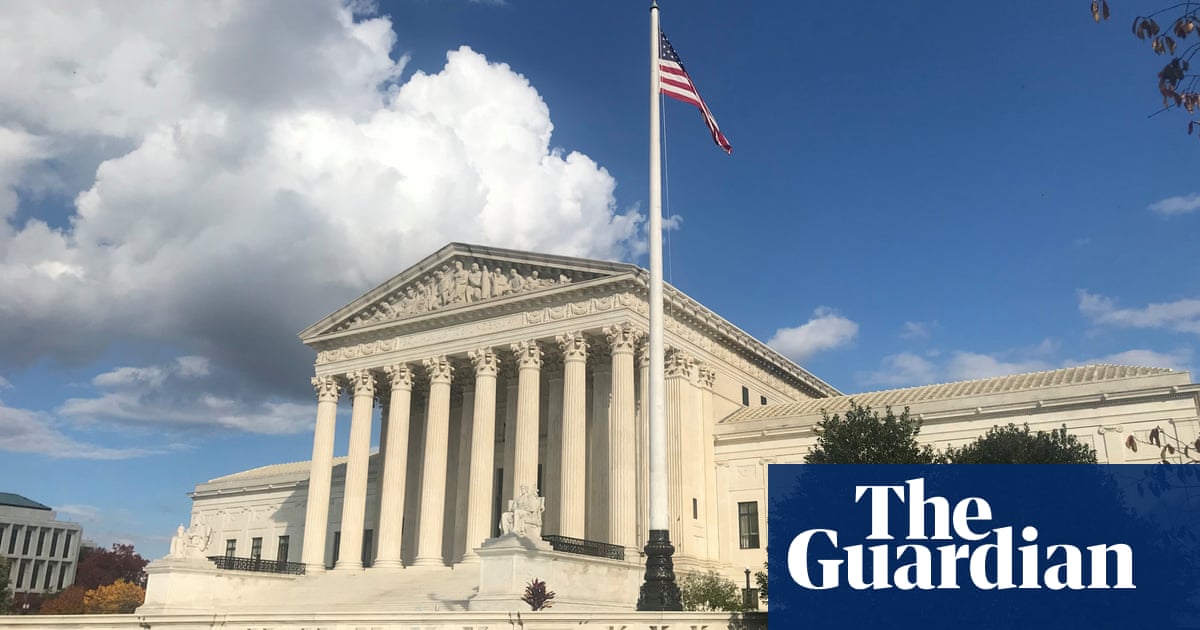
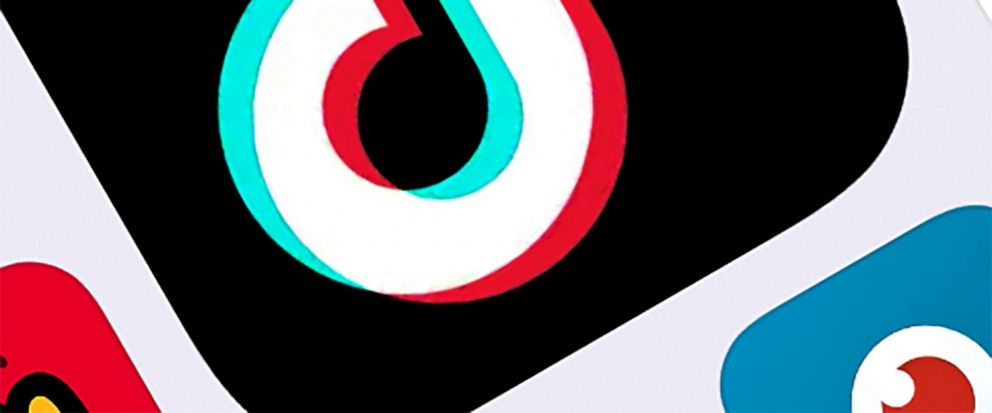
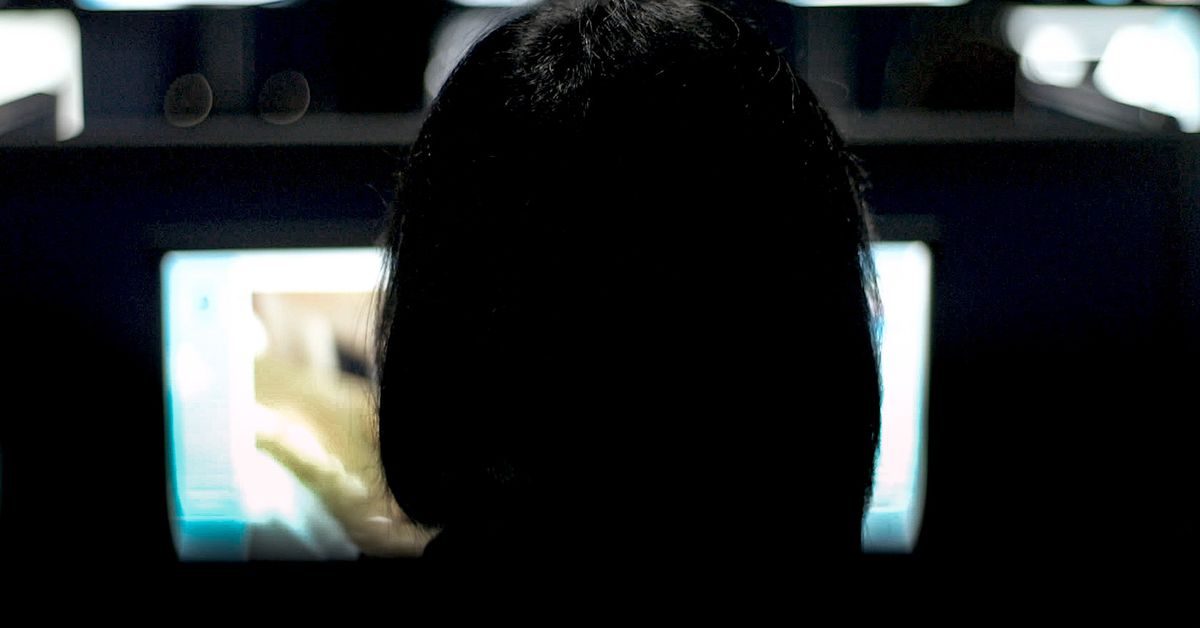
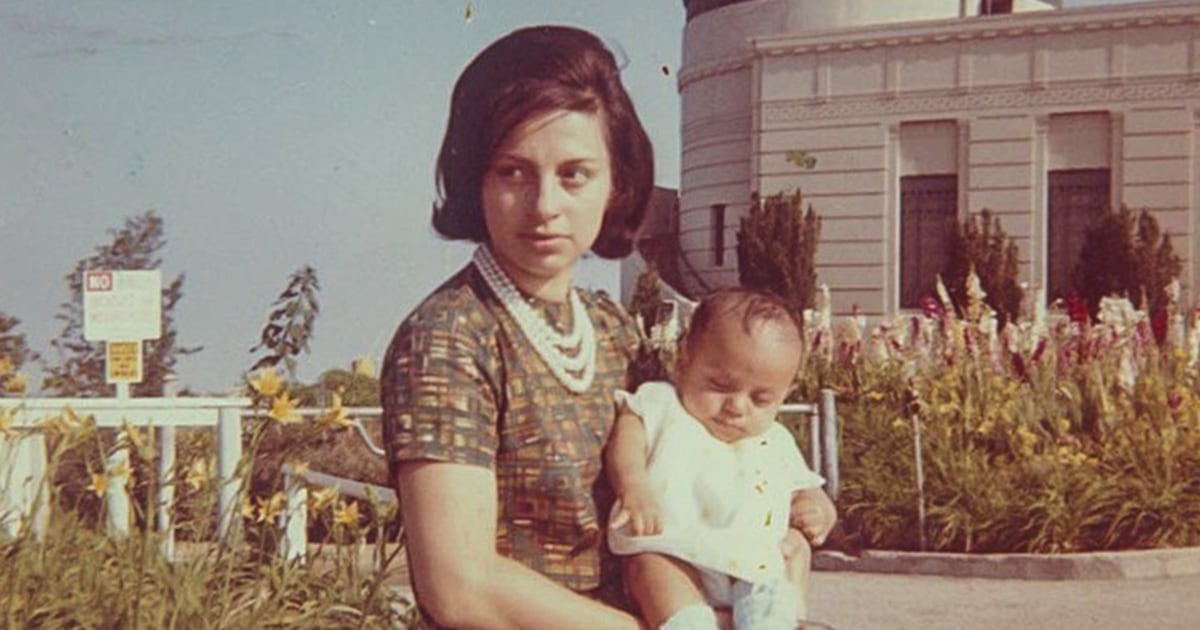
Just a side note - I would caution about directing non-Black folks to spaces like # BlackMastodon and @ blackfedi, just because those spaces might not be intentioned for non-Black people to look at, directing us there might be encouraging our participation in spaces where it’s not necessarily invited or wanted, etc. Great spaces to direct Black folks to if they’re looking to build a community for themselves on fedi, but I would just say it’s best for non-Black people to not look/participate unless the space is specifically inviting that.
The other thing about the “just listen more to more Black people” discourse is that while it may fix representational issues of whom you’re choosing to listen to, it won’t help if there’s no intention to work on racial biases or challenge one’s own racist behaviors - so I would even implore that type of introspective work. Connected to that would be, even if a white person starts doing these things and working on this practice, that work of interrogating your own biases/behaviors never stops. I feel that white people (especially on fedi) often need reminding that just because you’re doing X, Y, Z, etc. doesn’t mean that you’re done working on your own racism or that your reasons for doing X, Y, Z, etc. are all genuine.
You might also want to mention how having some marginalized identity even as a white person doesn’t excuse you from doing this work - there’s a lot of harm done on fedi by people who use their own oppressed identities as a way to avert accountability for being racist. In your piece, you already mentioned that supporting Black people and fighting anti-Blackness means supporting all Black people - you could make that understanding of how anti-Blackness is interconnected/intertwined with other oppressions more apparent by appealing to white people who might consider themselves staunch advocates for other communities but refuse to confront racism.
This is kind of a mess of different comments but those are just my raw thoughts after reading what you wrote.